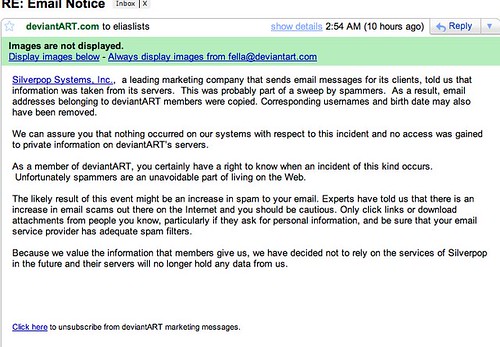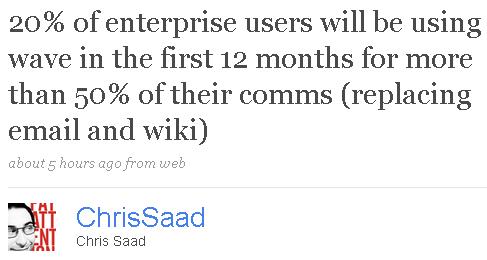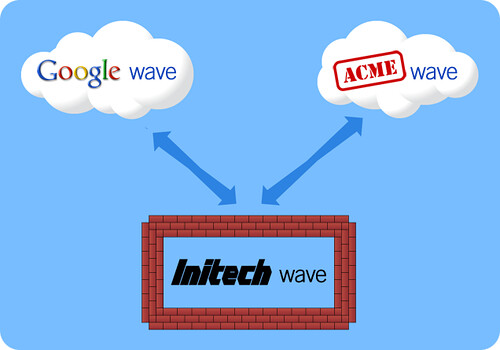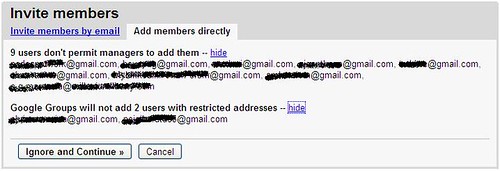I get a lot of random email, and sometimes, it’s the stuff that makes me sit upright. Question things. But of the kind I’m talking about, usually I just smile. Here’s one from today.
I got back to Australia at the end of January. I was pleasantly surprised to find that the start-up community in Adelaide had a bunch of activity going on. One of my friends had heard about the silicon beach meetups in Sydney so got some sponsorship from Microsoft and started a regular meetup.
This lead to Adelaide having its first start-up weekend, which resulted in a burst of activity and resulted in Adelaide’s first tech co-working space being born. They got more interested than anticipated and quickly needed a bigger space, so the guys knocked on a ton of doors and moved into a huge rundown space in the middle of the city.
After talking to a few people who stayed at start-up house they are now looking at opening up a similar type of hacker accommodation in one of the empty floors above the co-working space.
Just thought you might like to know some of the ripple effects hitting the Adelaide eco-system from your awesome work in the valley. Looking forward to staying at the new start-up house when I move back mid year.
The fact so many people around the world have already copied or flagged that they are doing something similar as StartupBus and StartupHouse (not to mention Silicon Beach, though in the way it’s described above that was by design) is flattering. But that’s not the first reaction I had in each case until I realised a very important fact in life.
I’ve seen everything from outright copying of the brand and concept that’s gotten legal, to working intensely with the “copycats” and seeing first hand what they built — and even seeing friends try to replicate their own versions of the concept. Naturally, it can be disappointing to see your work being copied without being able to expand on your own business where you benefit, or more to the frustration, the sense of losing control on value you created. But that’s the nature of the market and competition, and actually, I’m more thrilled than disappointed because I’ve come to learn first hand with each of the above that there really is secret sauce in your own work. You cannot copy the creativity that led to the original concepts themselves which become more valuable for their future evolution. When you copy an idea, you are simply redrawing a photograph of a moving crowd that has since moved on.
So when you can get over that point to realise it’s not a threat, you realise something cooler. You’re creating a ripple effect. But the thing about ripples is that they can be more than that: add some wind and it leads to a wave. That wave might capsize the boats or at the very least ruffle them — but let’s also remember, it’s that movement from a wave that leads to change in our society. And that, is way cooler than anything you will ever do in your life that’s being copied.





